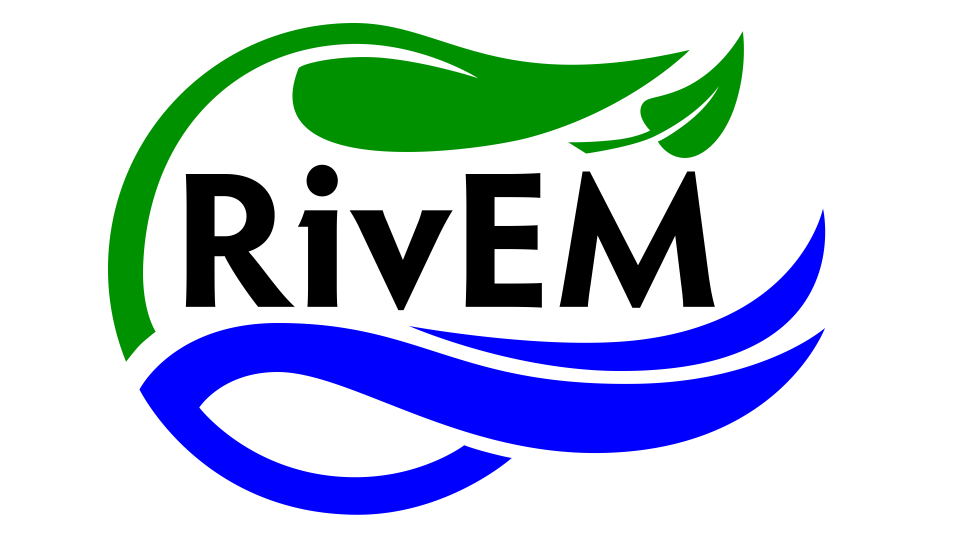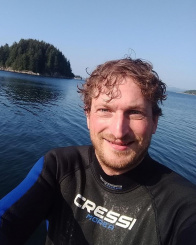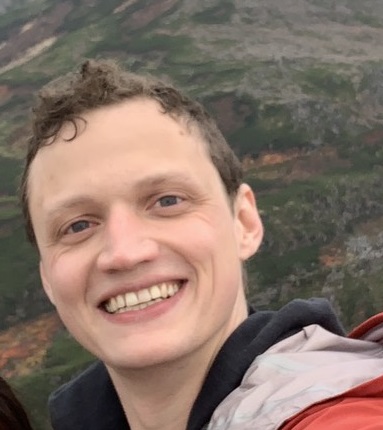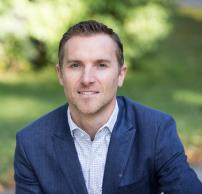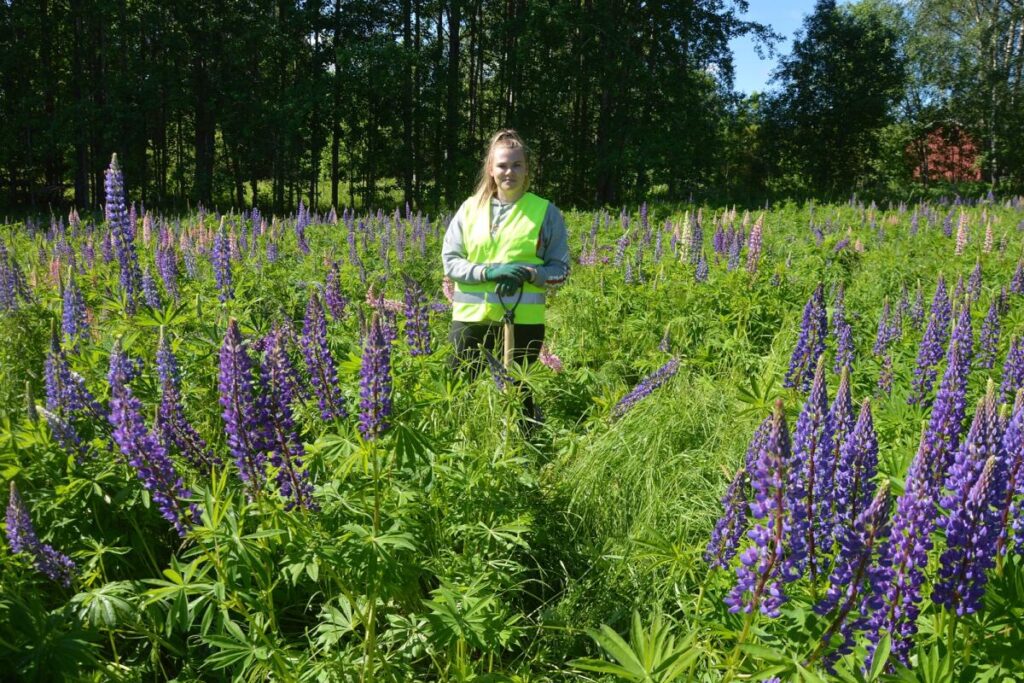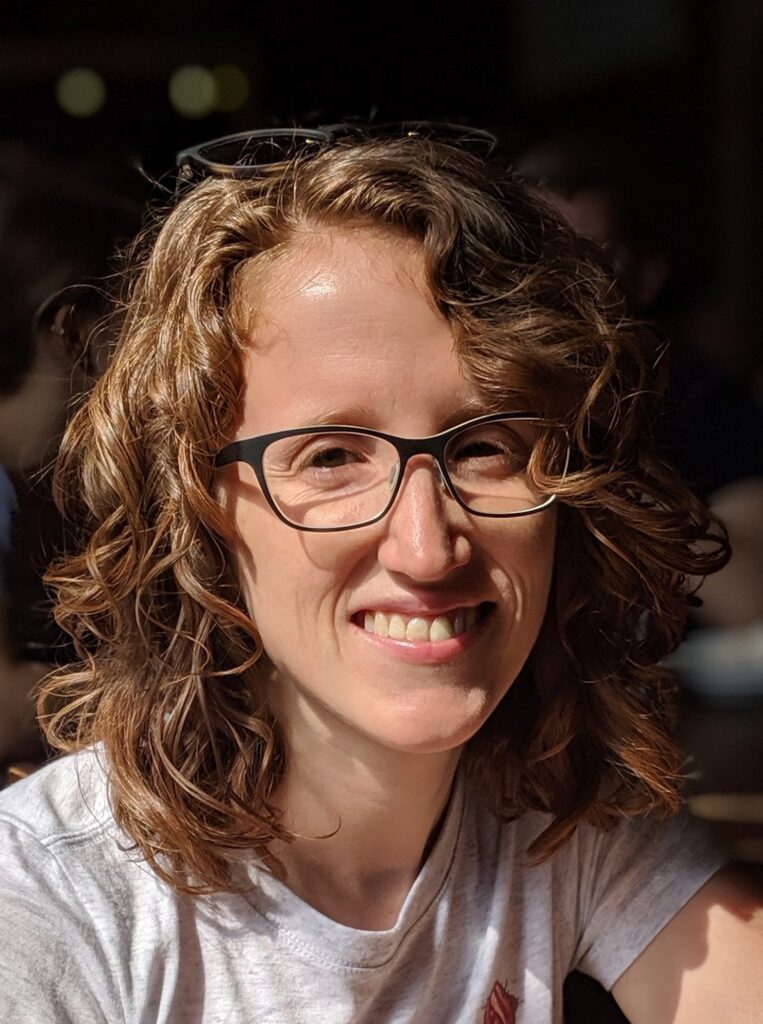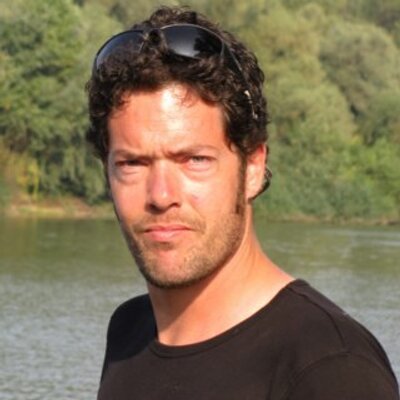Seminar: Ecological effects of invasive salmonids
Posted by Louis Addo | Conservation ethics, Conservation, Ecology, and Evolution of Nonanadromous Atlantic Salmon, SeminarOn 25 October 2022 at 13.15 CET over zoom, Koh Hasegawa will be giving a talk about the ecological effects of invasive salmonids and interactions between hatchery-reared and wild fish in Japan.
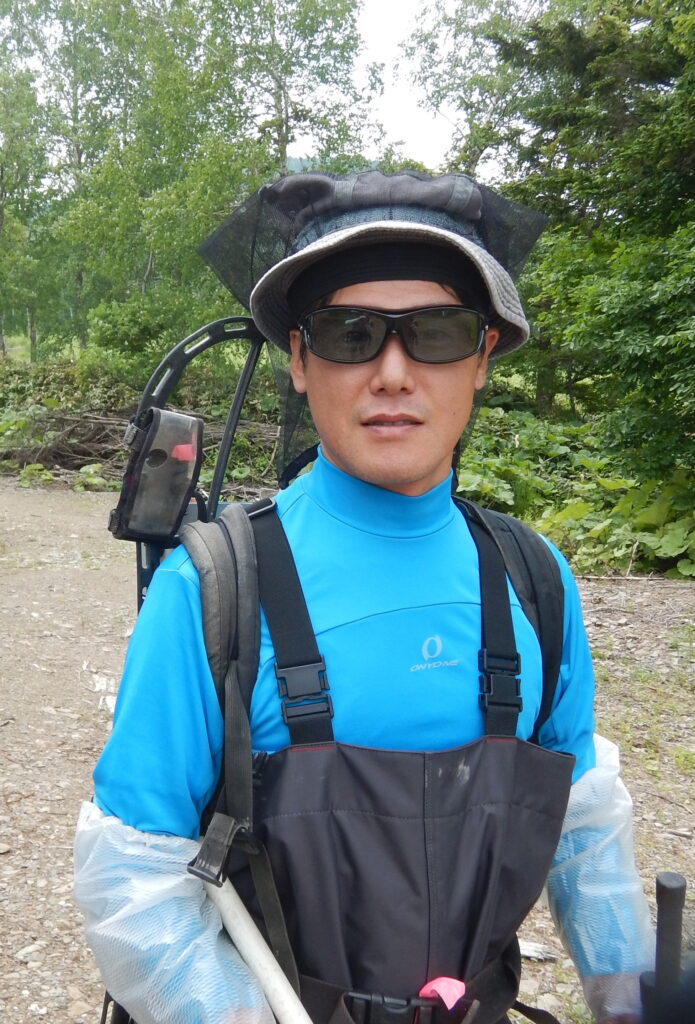
Koh Hasegawa is a Fish Conservation Ecologist working with the Salmon Research Department of the Japan Fisheries Research and Education Agency. Koh in his talk will answer questions about what brown trout do in the urban streams in Sapporo and whether it is a good idea or not to let hatchery-reared and wild population of salmon mix. You are welcome to join this seminar over zoom on Tuesday 25 October at 13:15 CET via https://kau-se.zoom.us/my/kaubiology
